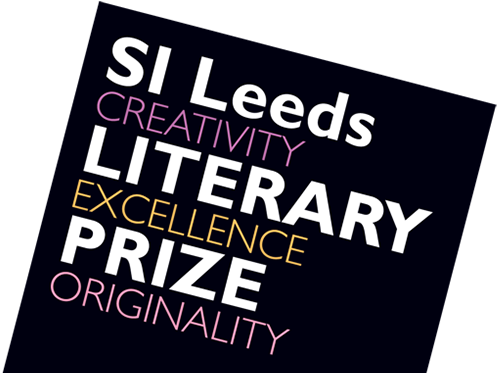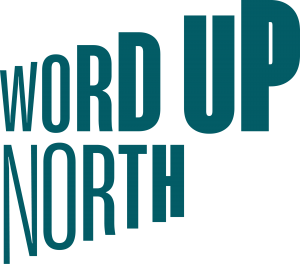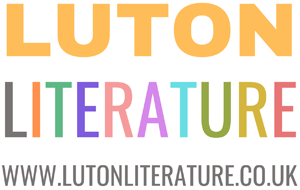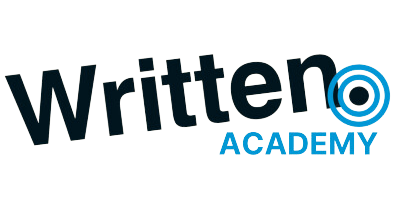My writing process
I do most of my writing late at night. I usually start around 9pm or a little later and stop in the early hours. I begin with the outline of a particular scene – always written longhand – and then use that as my guideline to get the words down. If it’s the first time I’m writing about a setting I’ll often sketch it out to help visualise it. I workshop as much as possible and often record myself reading what I’ve written to make sure I’m happy with the flow of it. The most important part of my process is probably my set of notebooks. I buy three at the start of a new project, Leuchtturm 1917s if you’re interested, and always with blank pages.
Team Planner
I’m a natural planner – the sort of person who has a spreadsheet to schedule down time on holidays – but in my writing life I started out as a pantser. Looking back, I think there were a couple of reasons for this. I saw writing as something wholly creative and the idea of planning for something I associated with freedom and originality and experimentation felt wrong. I’m also quite impatient so there was that, but maybe there was something of fear too. When you have a flash of inspiration, it can feel so uplifting. I used to worry that if I interrogated my ideas too much, they might prove lacking in substance and I’d never get started or that if I spent too much time figuring out my rising action and reversal it would weigh my ideas down and they’d never get off the ground. I have a few false start novel openings that prove that these anxieties were probably justified, but if your idea isn’t working how much better to find out at the planning stage then after you’ve written 10-20,000 words? Having to abandon something at that stage feels heart breaking but if I’ve only got some diagrams and bullet points, I feel more able to walk away.
As you can probably tell, I’ve come a long way in terms of my writing process and am now firmly in the Planner camp where I belong. If you’re not sure which approach suits you best, yet, or you’ve not tied your colours too firmly to the Pantser mast, here are some reflections on why you might want to consider Team Planner.
It helps you make the most of your time
I work full-time so it can be a struggle to carve out space for my writing. Having a plan means that whenever I manage to snatch a moment for my latest project, I don’t have to think about what I want to say or what my characters should be doing. I can dive right in because I’ve sketched an outline of every scene in advance. Before I embraced my inner Planner I often felt guilty about wasting the little writing time I had, especially if I was tired or lacking in inspiration. And having a few bullet points on what will happen means no sitting down to a blank page either. Bonus.
You can make progress even when you don’t feel like writing
Sometimes I know I should write, or I want to but for whatever reason the words aren’t coming. Planning is my fall back. Being able to map out a scene, write notes on a character’s motivations, sketch out what a scene setting looks like means I can still feel like I’m pushing forward even if I haven’t increased my word count. Better still, when I am ready to write I’m that much closer to being able to get what I want down on the page.
It makes editing so much easier
When you’re in the weeds of a first draft, getting to the end feels so far away that the thought of worrying about the editing phase feels laughable but when you get there, a plan makes all the difference, even if you’ve made changes along the way. Having a three-line description of each of your chapters makes structural changes feel that much more manageable and it’s great to have a reference you can check back against to see if all the aspects of your plan have made it onto the page.
Hopefully that’s persuaded you of some of the merits of being a Planner, and maybe you’ll give it a try. The most important thing though is that whatever your process is, it works for you, and if it doesn’t you’re willing to change it. Happy writing.
























